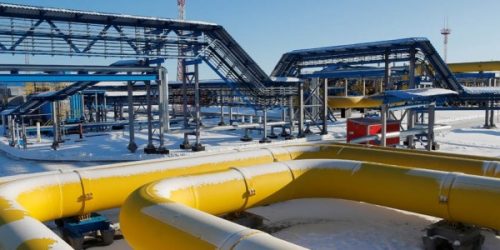Russia produced an average of 9.93 million bpd of crude oil and condensates last month, a little above its OPEC+ quota but still down 11.8 percent on the year, Interfax reported today, citing data from the Energy Ministry.
Production of oil and condensates over the first nine months of the year averaged 10.35 million bpd, down by 7.8 percent on the respective period of 2019. Earlier this year, Russia’s oil production fell by a double-digit rate for the first time in more than two decades as a result of the OPEC+ agreement. Later, however, as the extended oil cartel relaxed the cuts, it began climbing again.
Even with rising production—and exports—concern remains about demand even in Russia. Last week, Energy Minister Alexander Novak told a meeting of G20 energy ministers that all players on the global energy market need to act together to tackle the effects of the pandemic on oil demand.
“It is obvious that the structure of the energy sector will be transformed both from the point of view of demand and from the point of view of supply. Recovery will not be quick and it will take quite a long time to reach the pre-crisis indices,” Novak said, noting that demand for crude oil this year had slumped by as much as 10 percent as a result of the coronavirus pandemic.
The latest news from the pandemic front is unlikely to give much hope to those waiting for a price recovery. With a second wave of Covid-19 raging across Europe and U.S. cases continuing to rise, most are preparing for a long wait until prices rebound. However, some, such as Goldman Sachs most recently, expect a price improvement next year, prompted by an oil supply deficit.
The investment bank said last month that it expected Brent crude to reach $65 a barrel in the third quarter of 2021 thanks to the availability of a coronavirus vaccine, which is expected next year as well. Even so, Goldman analysts said oil could finish next year with a decline to $58 a barrel.





